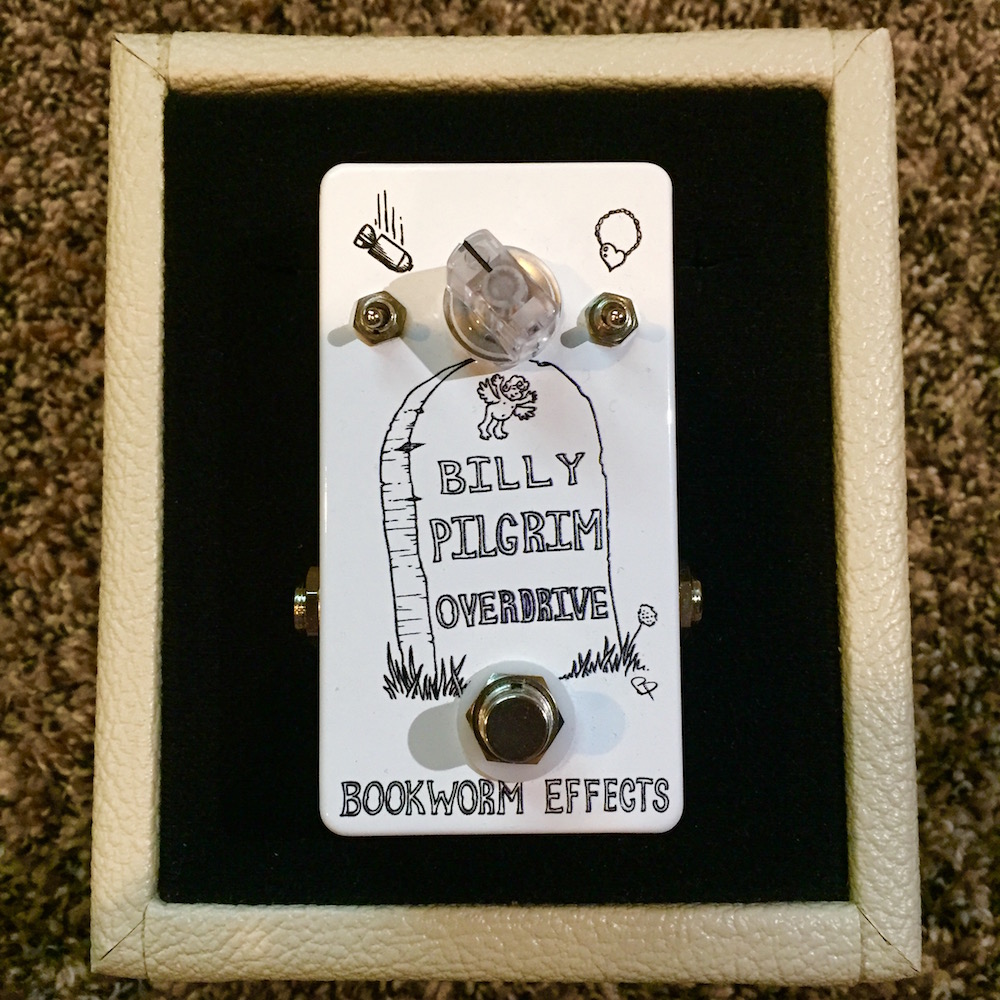


The worm in that epithet for the constant reader does not refer to larvae or the earthworm, as some children's library posters might have you believe, and does not allude to the figurative devouring of books. The figurative bookworm began its career as an insult, a wholly negative term for someone who reads too much. The sole bookworm today is the human bookworm-and the way the word is used has changed over time. If you happen to hear an entomologist referring to book lice, he or she is talking about another bug altogether. Nowadays no one is likely to refer to any of these larvae as bookworms, least of all entomologists. The term still carries a tinge of disapproval-who wants to be called a worm?-but is widely considered to be more positive than it once was.

Originally, 'bookworm' was an entirely negative term: 'worm' was an Elizabethan insult that meant "wretch," and to be called a 'bookworm' was an insult.


 0 kommentar(er)
0 kommentar(er)
